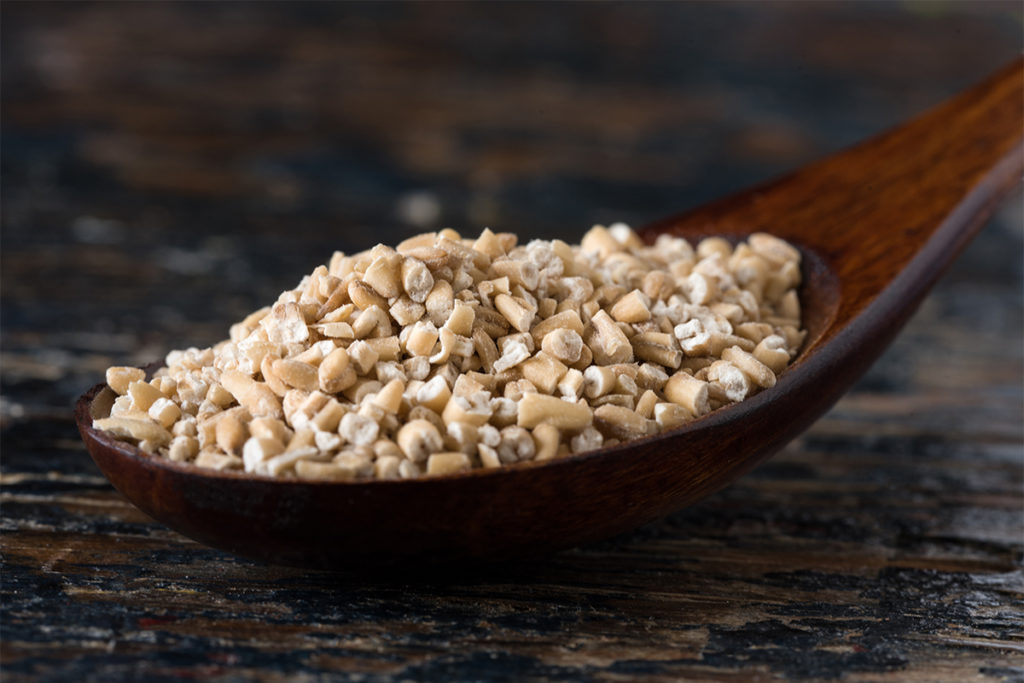Does Oatmeal Raise Blood Sugar?
It may depend on the oat. Less processing means more benefits.

Every day, millions of Americans spoon up oatmeal for breakfast, but it may not be such a smart move if we go for the instant satisfaction. It seems oatmeal does raise blood sugar but the effects depend on the type of oat.
A team of American and Canadian investigators reviewed previously published randomized controlled trials comparing the postmeal blood glucose and insulin responses to oats compared with refined grains. Results showed that blood glucose and insulin typically rose more slowly after participants consumed intact oat kernels, such as steel-cut oats and thick-cut oats, than after they ate refined grains. Over time, this metabolic benefit may reduce the risk for diabetes and perhaps even unwanted weight gain.
Though listed in the whole-grain category, quick-cook and instant oats were similar to refined grains in the blood sugar response produced. Our bodies must work harder to break down less-processed forms of oats, and that may help flatten the blood sugar curve.
See also: Carbs and Type 2 Diabetes
Matthew Kadey, MS, RD
Matthew Kadey, MS, RD, is a James Beard Award–winning food journalist, dietitian and author of the cookbook Rocket Fuel: Power-Packed Food for Sport + Adventure (VeloPress 2016). He has written for dozens of magazines, including Runner’s World, Men’s Health, Shape, Men’s Fitness and Muscle and Fitness.





